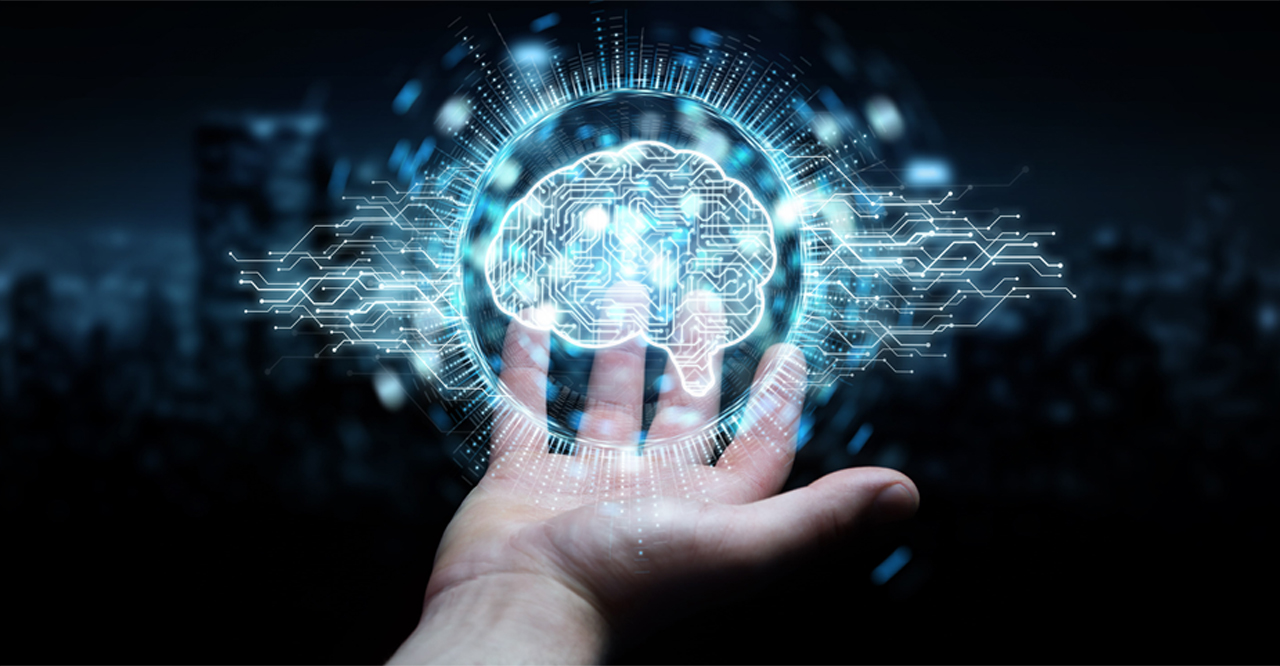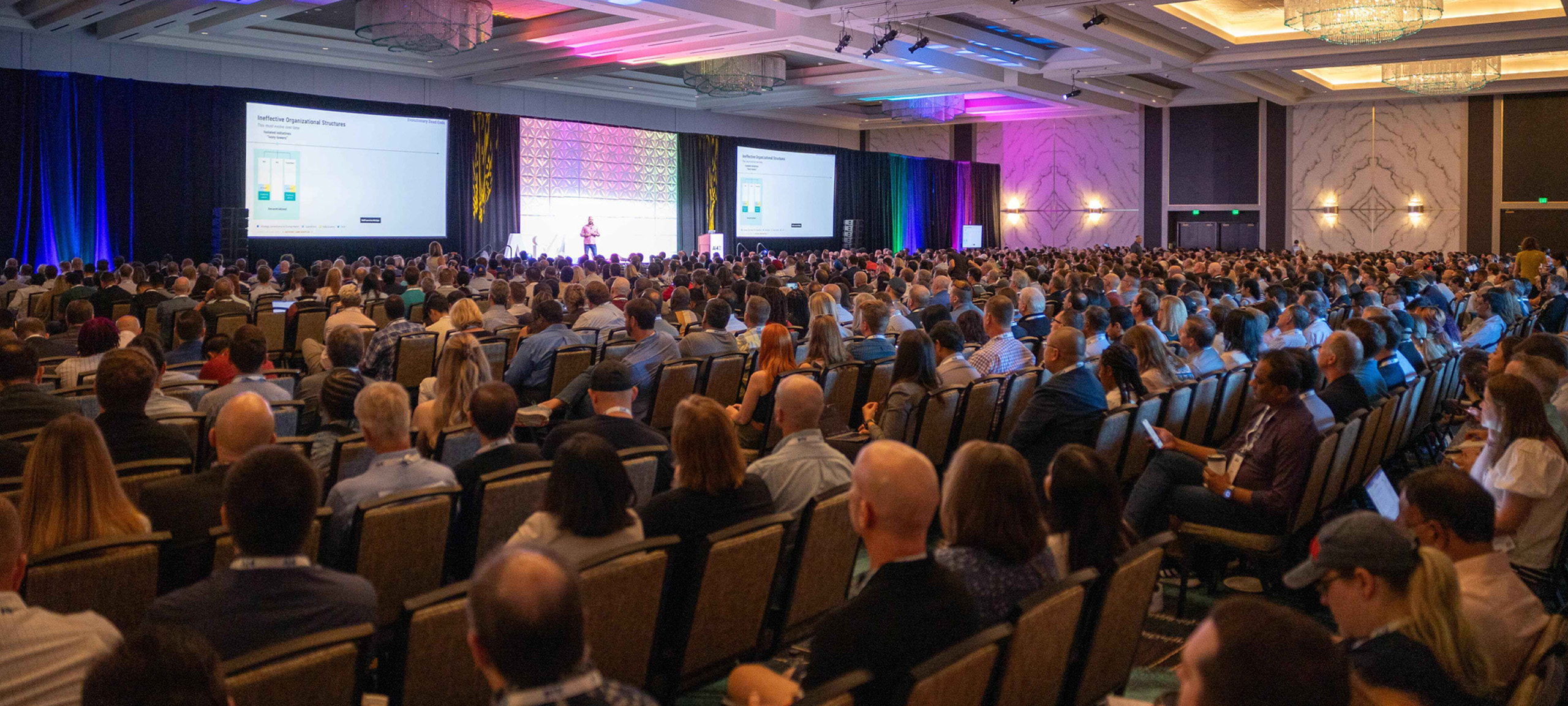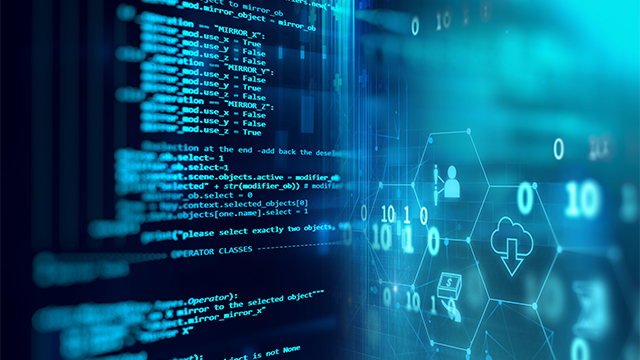 BACK
BACK
Three Amazing Ways AI is Revolutionizing Healthcare
By Catherine MetcalfSeptember 10, 2020
It may not seem like it was too long ago when the idea of artificial intelligence playing a major role in our everyday lives sounded like sci-fi to many. However, we now live in an age where AI is virtually everywhere, even if we don’t know it.
For instance, AI has already begun to usher in major positive changes in healthcare. This trend will continue in the coming years. According to the experts at Blue Label Labs, the following are some of the more noteworthy developments we can look forward to:
Improved Efficiency
Speed is crucial in healthcare. The more efficiently a physician can diagnose an illness, the sooner they can begin treating a patient. This can mean the difference between life or death in many cases.
That’s just one example. Luckily, AI has the potential to boost efficiency in healthcare in various ways. For instance, AI can handle many of the basic administrative tasks that a doctor or member of their staff would otherwise have to handle. This provides physicians with more time to focus on patient care.
Additionally, some healthcare facilities have begun using AI to diagnose conditions. Its accuracy already rivals that of human doctors. That means in the near future physicians may be able to treat patients sooner than they otherwise could have thanks to efficient AI diagnostic tools.
Reducing Costs
“Time is money.” This old adage remains popular because it’s true across virtually all fields. Healthcare is no different. By allowing healthcare providers to operate more efficiently on a day-to-day basis, AI will make healthcare more affordable in general. That’s an important development in an age when high prices keep many from getting treatments they need.
Improved Accuracy
Again, early experiments show AI is very useful as an accurate diagnostic tool. This is because AI programs constantly “learn” from new “experiences.”
For example, an AI tool might be exposed to images of cancer in patients. Every time it “sees” a new image, the AI will learn more about what cancer looks like. While this is similar to the way people learn, AI is unique in that it can learn almost non-stop. Thus, its potential to continue becoming more and more accurate is incalculable. As these tools improve, it will likely become far less common for patients to receive improper treatments due to incorrect diagnoses.
Just remember that this is merely the beginning of a major trend. AI’s role in healthcare is developing and expanding every single day. That’s good news for everyone.
Recent Posts

Highlights from 2023: Notable Advancements in AI
As we delve into 2024, it’s an opportune moment to reflect on the dynamic landscape...
By Daniel LacklandApril 26, 2024

Top AI Conferences of 2024
By Jessica GallagherApril 17, 2024

Developing Computer Vision Applications in Data Scarce Environments
Introduction In today’s digital era, computer vision stands as a transformative technology, driving innovations across...
By Sumedh DatarDecember 12, 2023